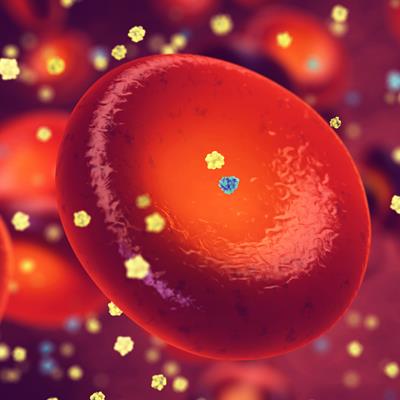October 17, 2022 -- Baylor College of Medicine researchers discovered that the rheumatoid arthritis drug auranofin can potentially be repurposed to improve diabetes-associated symptoms in mice.
Their study, published October 14 in the journal Cell Metabolism, indicated that auranofin has anti-inflammatory and antidiabetic effects that are independent of each other.
High blood glucose levels are detrimental to many of the body's tissues. Uncontrolled diabetes can lead to organ failure, and insulin resistance is a risk factor for diabetes. Although associations have been established between white adipose tissue inflammation and insulin resistance in humans and rodents, broad anti-inflammatory treatments for diabetes have not shown lasting effectiveness.
In seeking existing drugs to repurpose, computational screening of a small-molecule dataset helped the researchers to identify auranofin. They hypothesized that auranofin's anti-inflammatory properties might help control obesity and diabetes.
The researchers evaluated the metabolic effects of auranofin in mice with diabetes fed a high-fat diet. They discovered that auranofin reduced levels of the hormone leptin, which increases markedly with obesity, contributing to diabetes.
Auranofin also restored white adipose tissue's ability to respond to catecholamines -- signals that increase metabolic activity by triggering the burning of lipids at a higher rate. Further, auranofin normalized hyperinsulinemia, or high blood insulin levels, in the mice.
"These changes coupled together contribute to the overall improvement in insulin sensitivity of the mice, leading to blood glucose control, which is the ultimate goal of diabetes treatments," said first author Dr. Aaron Cox of Baylor.
Copyright © 2022 scienceboard.net










